Before answering this important question: What Size Generator Is Needed To Power A House? We need to look closer at what a generator is. A generator is a machine that converts mechanical energy into electrical energy. It works on the principle of electromagnetic induction, where a magnetic field is produced around a wire coil that rotates inside the generator. As the coil rotates, it cuts through the magnetic field, which induces an electric current in the coil. This electric current is then collected and distributed as electrical power.
Generators can be powered by various mechanical energy sources, such as steam, water, wind, or gasoline engines. The most common type of generator used for residential and commercial applications is the internal combustion engine generator, which typically uses gasoline, diesel, or natural gas as a fuel source.
Generators come in various sizes and capacities, ranging from small portable generators that can power a few electrical appliances to large industrial generators that can provide power to entire buildings or communities. The size of the generator required depends on the amount of power needed and the specific application.
In fact, your location also determines how large or small your generator is needed. For instance, if you live in Bristol, the temperature is moderate. That means having an average power-out generator will do the job. To know more, seek guidance from a generator company in Bristol County, MA.
What Type of Generator is Needed for a House?
Before you select the right size, you need to be precise about the type of generator you need in your house. Based on different characteristics, we have seven types of generators.
1. Whole House Generators
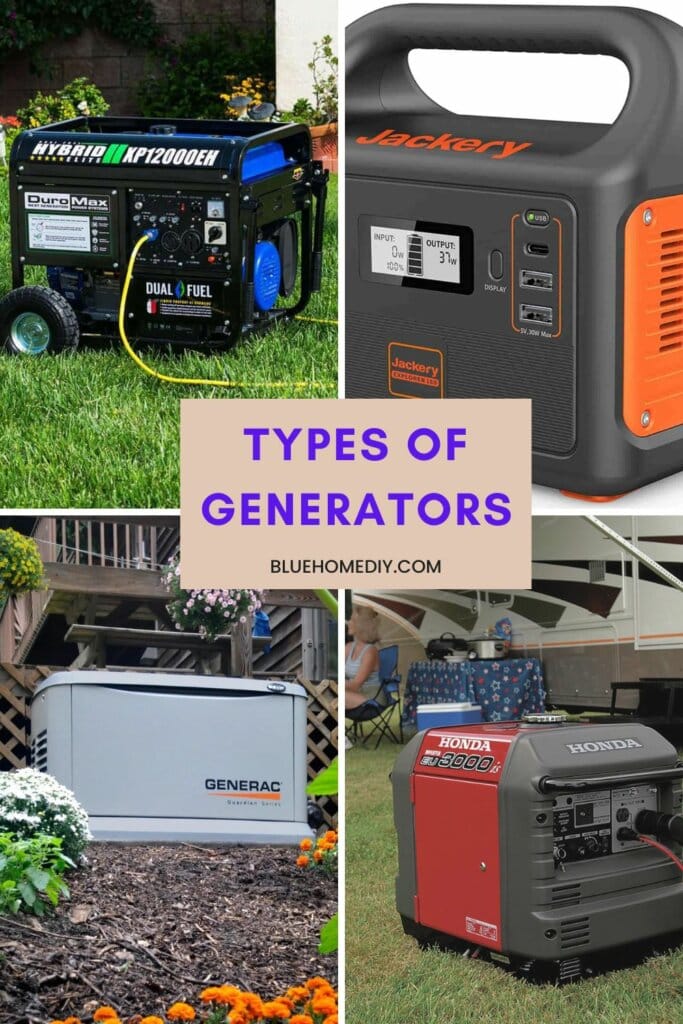
They are also known as home standby generators, and they can help you keep all your appliances running during power shortages. The home generators can be connected to the existing fuel supply at your home.
The advantage that you have with the generator is that it turns on automatically. It will be connected to your home circuit boards, so you do not need the extension cords.
2. Portable Generators
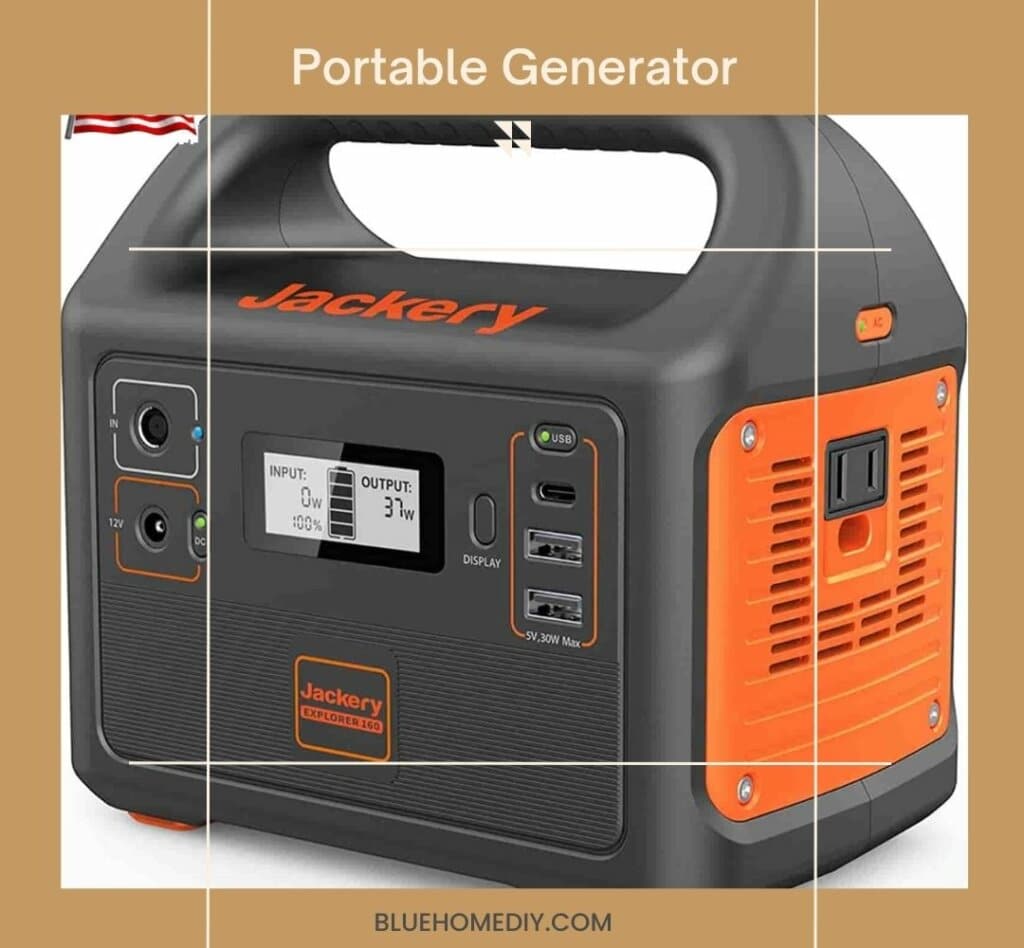
As the name suggests, the portable generator is small in size; it can fuel small houses with low electric consumption. You can have it. In case of emergency, it can power a few electrical appliances. You can easily carry them.
3. Inverter Generator
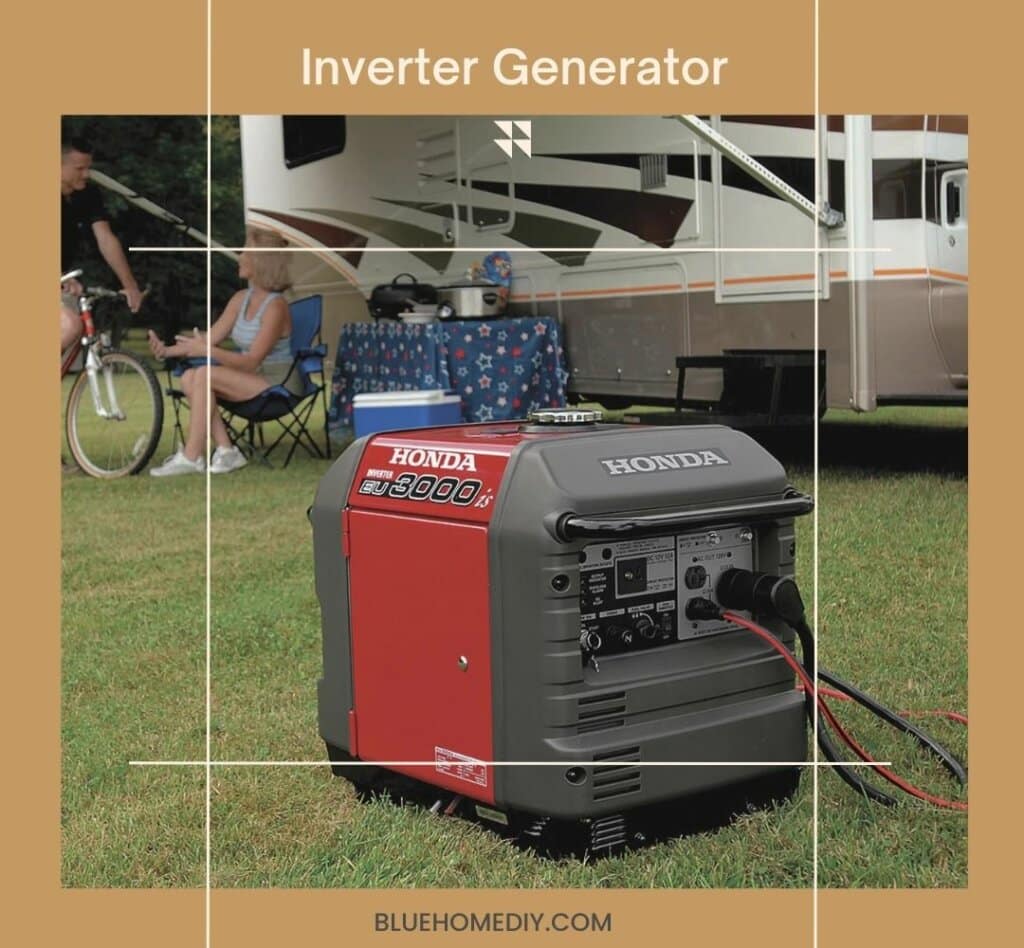
The best thing about this variant is that it automatically adjusts the speed of the engine according to the needs it has got to fulfill.
The best thing about the electric generator is that it produces clean energy, and you can charge your tablets, laptops, and cell phones easily. It’s Smart, Green, and portable.
4. Gasoline Generator
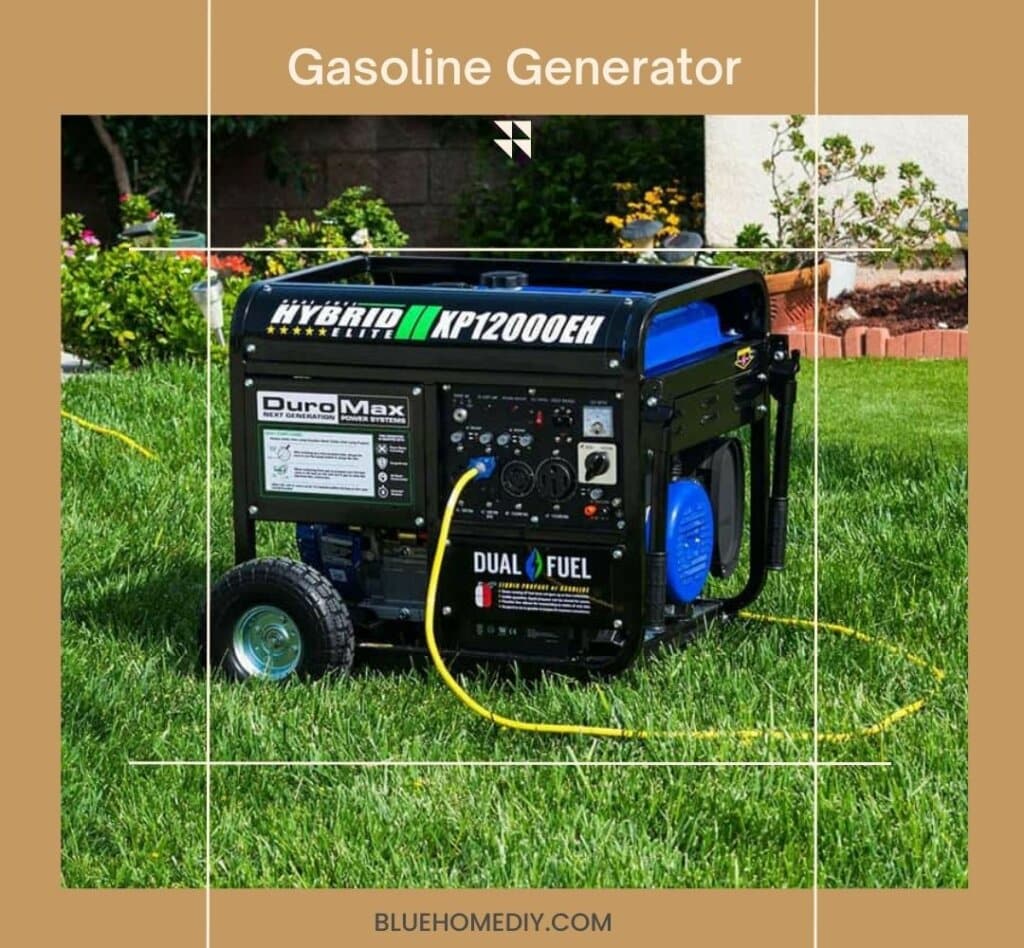
This generator is best suited for appliances with lower power consumption. It is not that expensive. Gas is available in the markets, so you do not need to search extensively to run your machine. Even the sound is quieter compared to the diesel generators.
5. Solar Generators
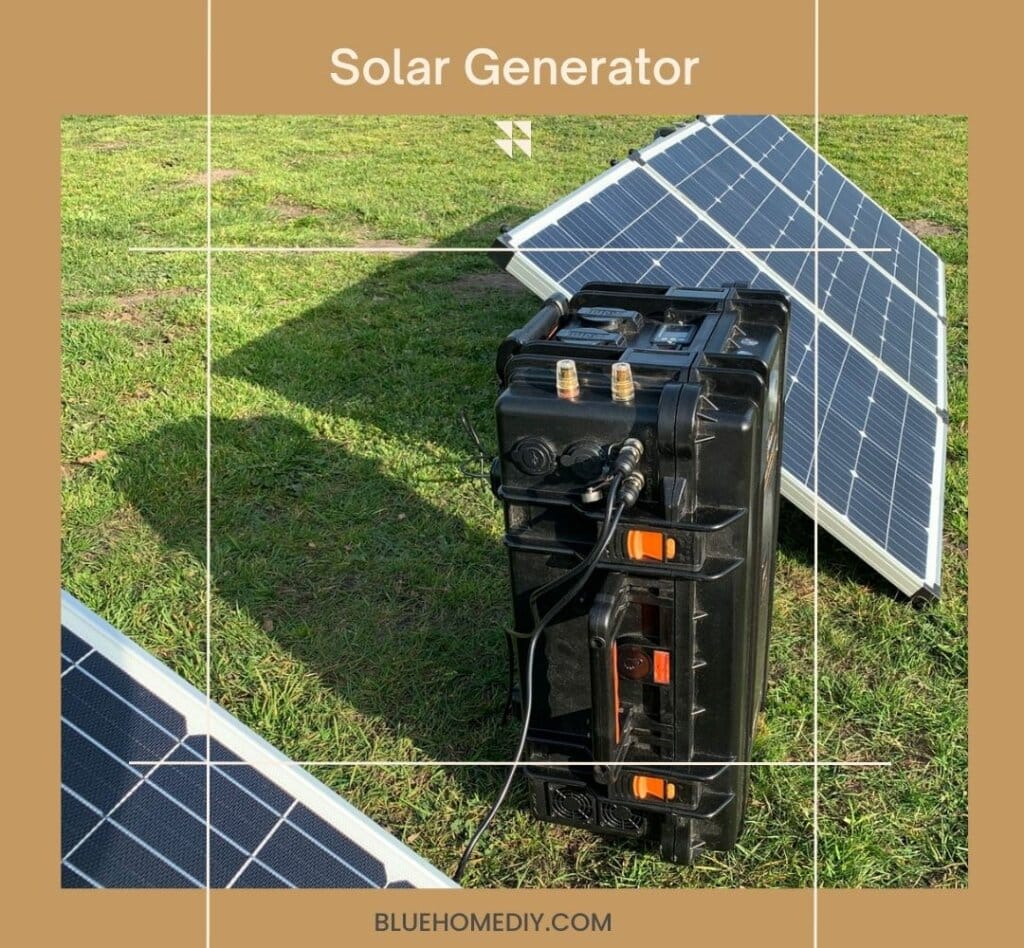
Solar generators provide the clean, renewable energy of the sun. If you work according to a green policy, especially in your house, you can approach it. They have batteries that are powered by solar cells. The generator produces no emissions, and it can be run indoors.
What Size Generator is Needed to Power a House?
Generators can be of different sizes based on power consumption. When you have decided to purchase a generator for your home, understand the power consumption. We will get into the discussion. But first, the basics.
If you are wondering what size generator to run a house, the answer depends on the power consumption. Let us provide you with an example of it. There is a simple formula to do it.
You have to add the running watts of the appliance with the additional starting watts. The starting watt can be obtained by multiplying the running watts by three. Hence, the size and the power consumption that you need are:
Running wattage (R) + Starting wattage (R x 3) = Total wattage
Let’s provide you with an example. The running watts for the refrigerator is 700 watts, and the additional starting watts are (700×3, and it becomes) 2100. So the total wattage required for running the refrigerator is 2800 Watts (2100+700).
Let us provide you with a list of appliances and appropriate running wattage for the household appliances:
- Microwave: 1200
- Hot Plate: 1250.
- Coffeemaker: 400-800.
- Personal Computer: 500-2000.
- Hair Dryer: 1200-1500
- Vacuum: 700-1400.
- Space Heater: 1250.
- Table Lamp: 150.
- Television: 100-350.
Therefore, you have to consider the power requirements of your house and then decide on the size of the generator. So keep it in mind and understand your requirements to get things under your control.
Advantage Of Selecting The Right Size
Now you can choose the most appropriate generator size that suits your needs. Know the benefits of the generators:
- Continuous supply of electricity.
- Guaranteed performance.
- No shutdowns due to capacity overload.
- Assured Personal Safety.
- Lower the chances of damage to assets.
These generators have their advantages, which is why they are so popular.
Final Take On The Size Of The Generator
Now that we have provided you with a small list of the most common and important appliances, you can calculate the power required to light your house. But we suggest taking each electrical appliance’s power consumption would be foolish.
Hence, you need to understand the power consumption of the most critical appliances and then select the generator size. Based on the critical equipment and power needs, a house’s generator size ranges from 5000 to 7500 watts.
With the help of the generator, you can light your house and ensure your house automation is always running. But consider it not the final word. Do you live in a disaster-prone area? If it is so, then you must buy a higher-powered generator.
Putting The Discussion To A Close
The generator is now essential equipment and a must-have in all houses. They provide you with comfort and help you during emergency work. Therefore you need to understand your needs and, based on them, you can spend on your generator.
So, we hope the question of What Size Generator Is Needed To Power A House? posed above is answered. Now you can select the best generator and save yourself from an awkward position during a power disruption.
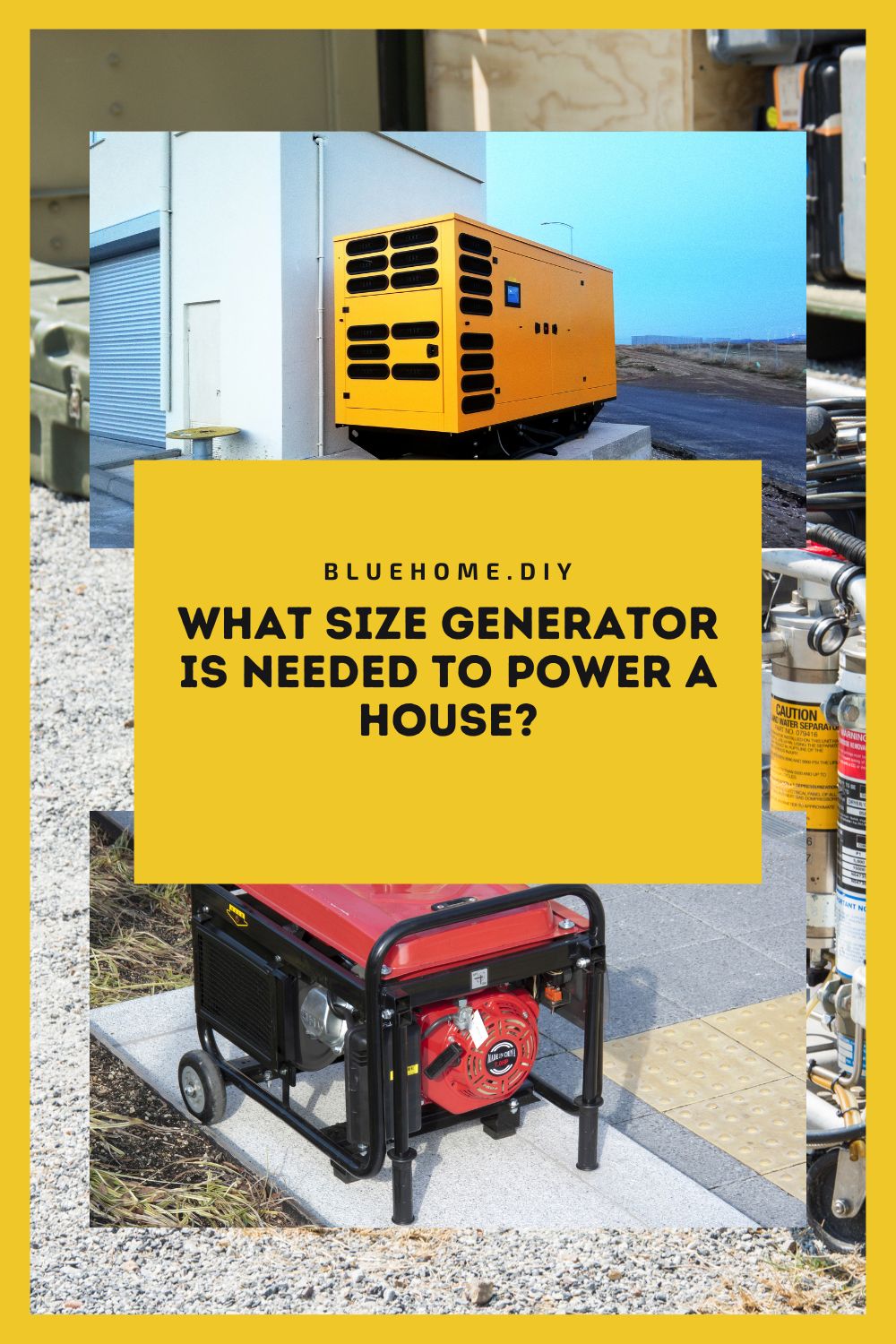

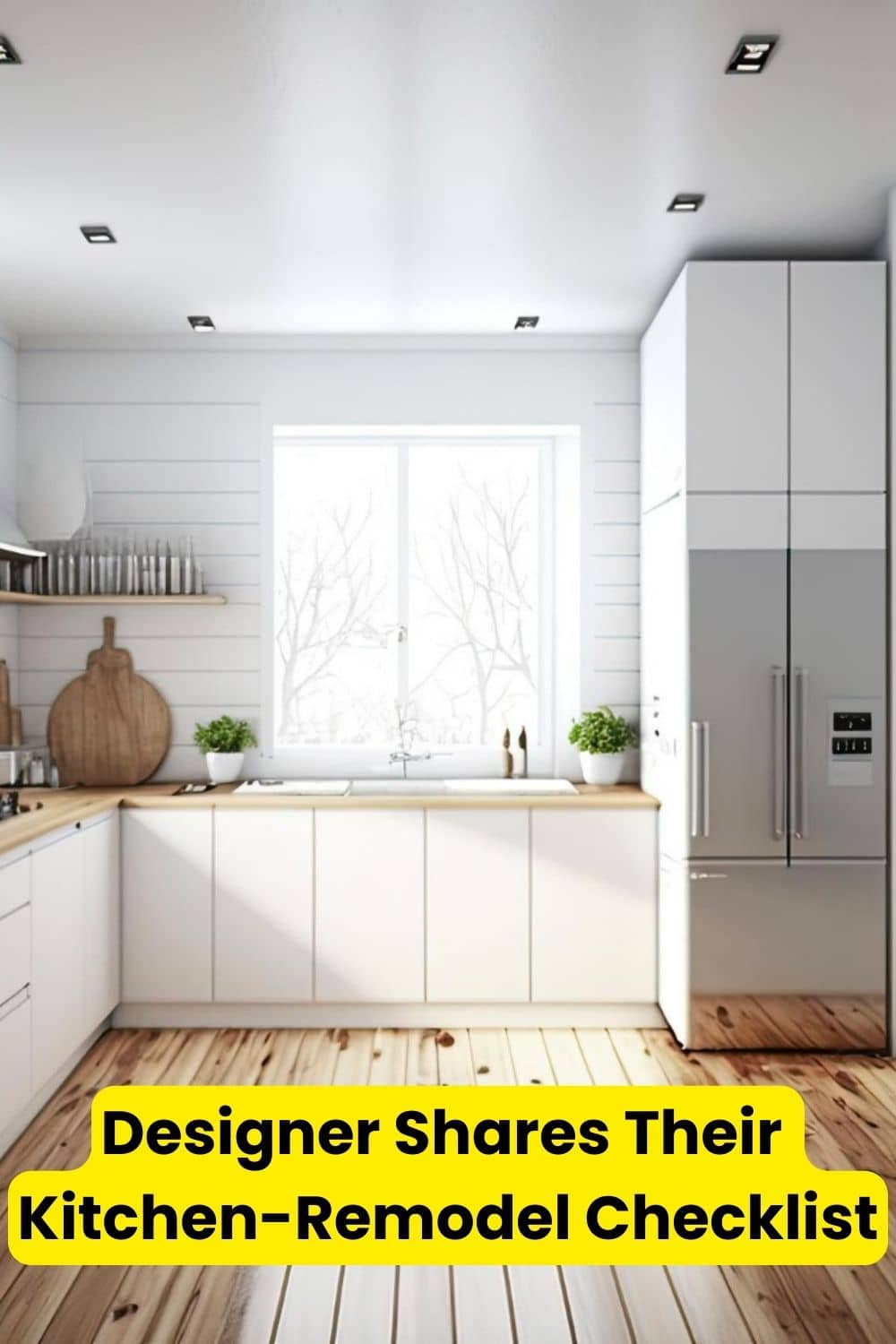


Leave a Reply